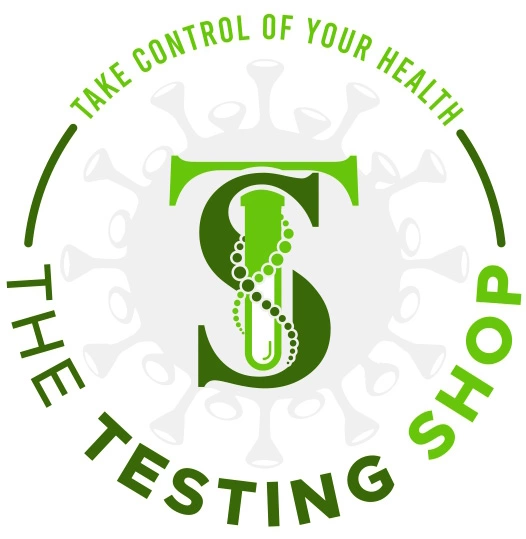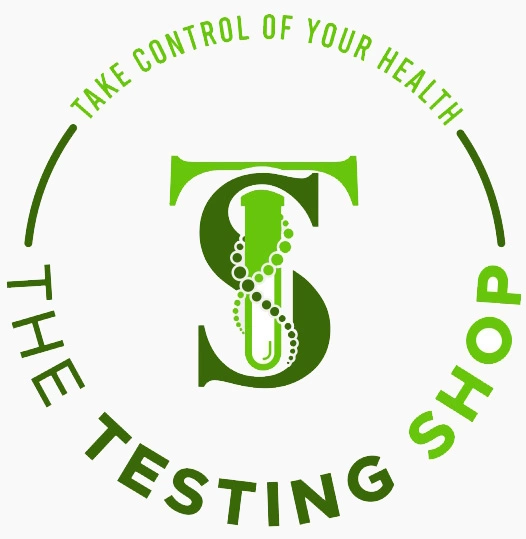Let’s tackle a topic that’s crucial yet often surrounded by misconceptions: getting anal STIs and the importance of anal STI testing. It’s essential to have open and honest conversations about sexual health, including less talked about areas like anal intercourse and the associated risks of STIs. So let’s explore what anal STIs are, how they can be transmitted, the importance of regular testing, and how to prioritize your sexual well-being.
Understanding Anal STIs
What are anal STIs?
Anal STIs are sexually transmitted infections that primarily affect the anus and rectum. These infections can be caused by bacteria, viruses, or parasites that are transmitted through sexual activity, including anal sex. Common anal STIs include chlamydia, gonorrhea, syphilis, human papillomavirus (HPV), and herpes.
Symptoms and Risks
Recognizing the symptoms of anal STIs
Symptoms of anal STIs can vary depending on the specific infection, but common signs include anal itching, pain or discomfort during bowel movements, abnormal discharge, bleeding from the anus, and sores or warts around the anus. It’s important to note that some anal STIs may not cause noticeable symptoms, which is why regular testing is important.
The risks of untreated anal STIs
If left untreated, anal STIs can lead to serious health complications. These can include the development of anal abscesses, anal fistulas, chronic pain, and even an increased risk of certain types of cancer, such as anal cancer. Early detection and treatment are essential to prevent these long-term consequences.
Prevention and Testing
Preventing anal STIs
Preventing anal STIs involves practicing safe sexual behaviors. Using condoms or dental dams during anal sex can significantly reduce the risk of transmission. It’s also important to have open and honest communication with sexual partners about sexual health and STI status.
Learn More: How Do You Get STDs?
The importance of regular testing
Regular testing for anal STIs is crucial, even if you do not have any symptoms. Many people may have an anal STI without realizing it, as some infections can be asymptomatic. Testing allows for early detection, which leads to timely treatment and prevents the spread of infections to others. Not every health care center provides anal testing, but The Testing Shop Health does.
Early Detection and Treatment
The significance of early detection
Early detection of anal STIs is vital for several reasons. Firstly, it allows for prompt treatment, which can help alleviate symptoms and prevent further complications. Secondly, early detection reduces the risk of transmitting the infection to sexual partners. Lastly, it promotes overall sexual health and well-being.
Treatment options
Treatment for anal STIs will vary depending on the specific infection. Bacterial STIs, such as chlamydia or gonorrhea, can often be treated with antibiotics. Viral infections, such as HPV or herpes, may not have a cure, but symptoms can be managed with antiviral medications. It’s important to consult with a healthcare provider, such as those at The Testing Shop Health, for an accurate diagnosis and appropriate treatment plan.
Testing for anal STIs is an essential part of maintaining overall sexual health. Regular testing allows for early detection, timely treatment, and prevention of long-term complications. The Testing Shop Health offers comprehensive testing services, ensuring accurate and confidential results. By prioritizing your sexual health and getting tested, you are taking a proactive step towards protecting yourself and your partners. Offering in person visits in Las Vegas and Denver or at home with their variety of at home testing kit.

